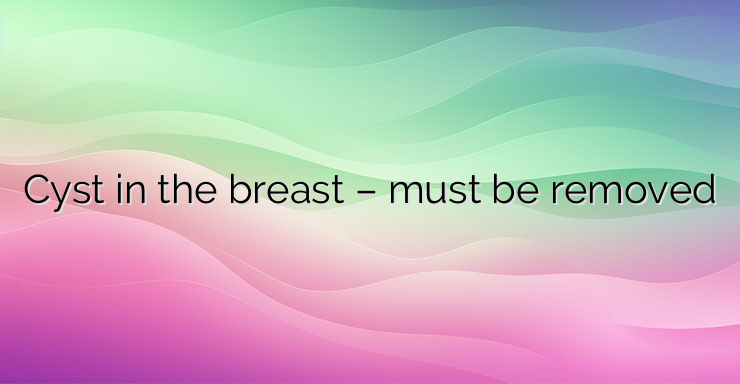Hey there! Ever noticed how your breasts can change along with your hormones? It’s pretty fascinating! But sometimes, changes in your breasts can be a sign of something more serious, like a cyst. That’s why it’s crucial to keep an eye on them and get checked out if anything seems off.
So, what exactly are breasts made of? Well, they’re not just fat and tissue – they’re a complex mix of glandular tissue, fat, and connective tissue. And those Cooper’s ligaments? They’re like the support system that keeps everything in place.
Did you know that there are about 20 sections in your mammary gland, all divided by thin partitions of connective tissue? And those ducts? They’re the highways that carry breast milk to the nipple. Pretty cool, right?
During puberty, estrogen works its magic to develop your breasts. And once menstruation kicks in, hormones keep influencing them. Ever notice your breasts feeling tender during the second half of your cycle? Yep, that’s progesterone at work.
But what about breast cysts? They’re pretty common, especially in women of childbearing age. Cysts are like little sacs filled with fluid, and they can vary in size. Sometimes they’re harmless, but other times they can signal a hormonal imbalance or even something more serious.
How do you know if you might have a cyst? Look out for a round, elastic mass in your breast that grows over time. And if you’re experiencing unusual tenderness, especially in the second half of your cycle, it might be worth getting checked out.
When you see a specialist, they’ll do a thorough examination, including ultrasound and X-rays. Hormonal tests might be ordered too. If they find a cyst, they might drain it or even perform a biopsy to check for cancerous cells.
Treatment depends on the situation. Multiple cysts might mean you have mastopathy, which is usually treated by balancing your hormones. For a single large cyst, they might drain it with a needle. In some cases, surgery might be necessary, especially if there’s a risk of cancer.
The bottom line? Don’t ignore changes in your breasts. Your body is trying to tell you something, so listen up!


Leave a Reply